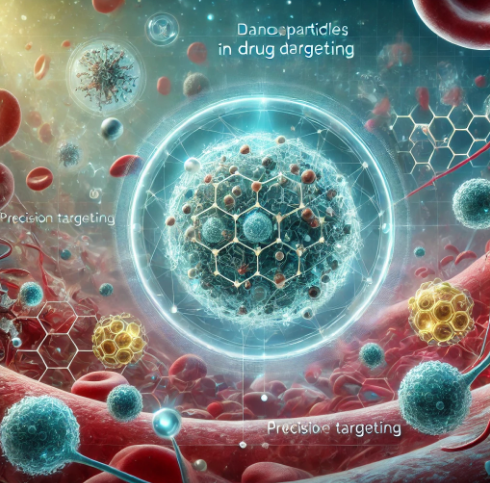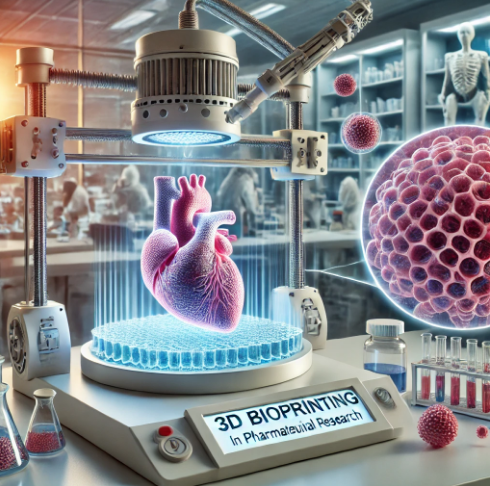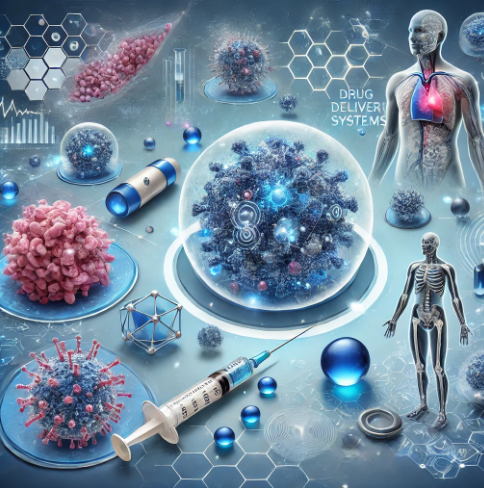Biopharmaceuticals: The Future of Drug Development
Introduction Biopharmaceuticals, also known as biologics, are a class of therapeutics derived from biological sources, including proteins, antibodies, and nucleic acids. Unlike traditional pharmaceuticals, which are typically chemically synthesized, biopharmaceuticals are produced using living organisms through complex processes that involve genetic engineering, cell culture, and purification. This innovation has revolutionized the pharmaceutical industry, providing new … Read more










